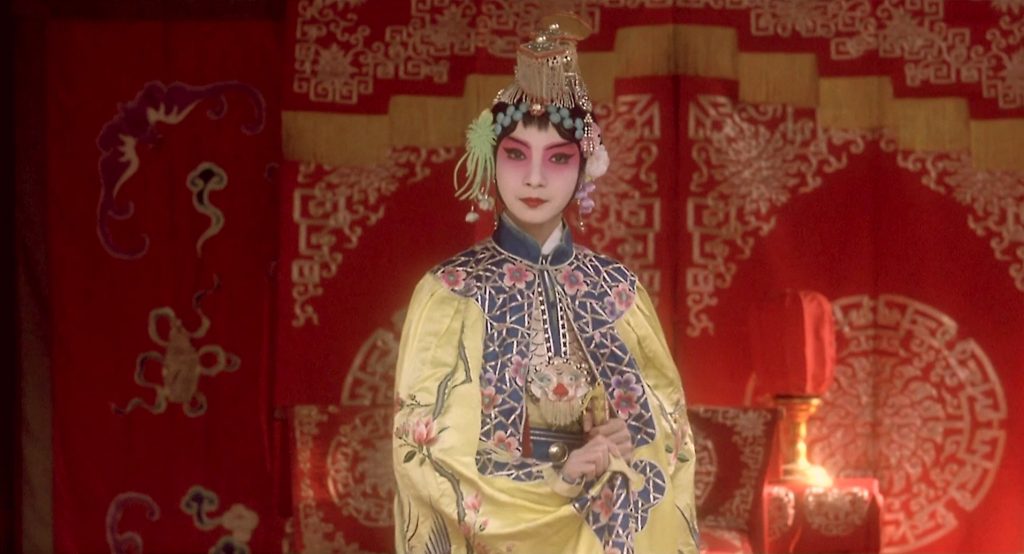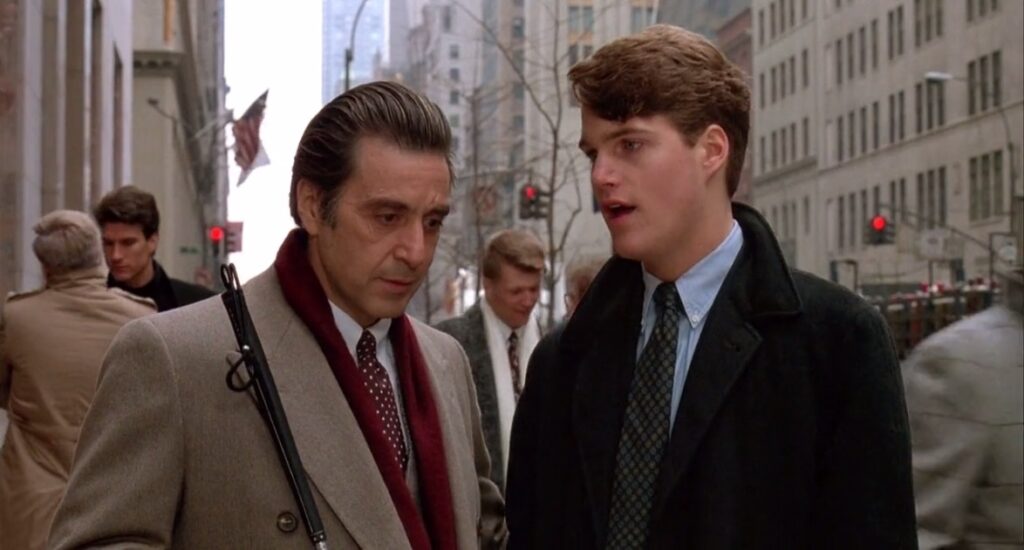“Mr. Baseball” (1992): A Cultural Home Run in Comedy and Sports Drama – Film Review

“Mr. Baseball,” directed by Fred Schepisi and released in 1992, is a sports comedy that takes a swing at cultural differences and the love of baseball. Starring Tom Selleck as Jack Elliot, a fading Major League Baseball star who is traded to a Japanese team, the film blends humor, romance, and sports in a narrative that explores themes of adaptation, respect, and the universal passion for baseball. While it may not have been a grand slam in the box office standings, “Mr. Baseball” offers an interesting examination of cultural exchange through the lens of America’s favorite pastime.
Narrative and Cultural Exchange: Crossing Borders with Humor
The film’s story is centered around Jack Elliot, who, past his prime, is traded from the New York Yankees to the Nagoya Chunichi Dragons in Japan. Jack’s initial arrogance and lack of respect for the Japanese way of playing baseball clash with the traditions and discipline of his new team, led by coach Uchiyama (Ken Takakura). Throughout the film, Jack learns to adapt, respect the different culture, and rediscover his love for the game.
“Mr. Baseball” uses this setup to delve into cultural differences and similarities, utilizing humor to bridge the gap. The narrative is effective in showcasing how sports can be a unifying force, transcending language and cultural barriers. The film balances its comedic elements with a genuine exploration of adapting to a new culture and the challenges that come with it.
Behind the Scenes: Bringing Two Worlds Together
One of the notable aspects of “Mr. Baseball” was its production, which involved shooting in both the United States and Japan. The film’s crew worked closely with Japanese baseball teams to accurately portray the sport’s cultural nuances in Japan. This authenticity in representation was key to the film’s credibility and its exploration of cultural differences.
Tom Selleck, an avid baseball fan in real life, trained extensively to portray a professional baseball player convincingly. His commitment to the role added a layer of authenticity to the film, especially in the baseball scenes, which were shot in actual stadiums with professional players.
Cinematography and Setting: Capturing Two Contrasting Worlds
The cinematography in “Mr. Baseball” plays a crucial role in juxtaposing the American and Japanese approaches to baseball and life. The film’s visuals transition from the expansive, commercialized fields of American baseball to the more disciplined, tradition-steeped arenas in Japan. This visual contrast helps to underscore the film’s themes of cultural clash and adaptation.
Performances: Selleck’s Charismatic Lead and Takakura’s Steadfast Coach
Tom Selleck’s performance as Jack Elliot is both charming and humorous. He effectively portrays a character who is initially arrogant and dismissive but gradually becomes more open-minded and respectful of his new surroundings. Selleck’s comedic timing and on-screen charisma make Jack a likable and relatable protagonist.
Ken Takakura’s portrayal of Coach Uchiyama is a standout. He brings a sense of dignity and depth to his character, representing the traditional and disciplined approach to baseball and life in Japan. The dynamic between Selleck and Takakura is central to the film, encapsulating the cultural and personal journey that “Mr. Baseball” aims to depict.
Themes: Adaptation, Respect, and Love for the Game
At its heart, “Mr. Baseball” is a story about adaptation and respect. The film captures the journey of learning to appreciate and embrace a culture different from one’s own. It also highlights how the love for a sport like baseball can bridge cultural divides.
The film touches on the themes of aging and the struggle to remain relevant in a rapidly changing world – a universal challenge that transcends cultural boundaries.
Cultural Impact and Legacy
While “Mr. Baseball” was not a major hit in the box office, it has gained recognition for its portrayal of cultural exchange and its light-hearted yet respectful approach to the differences between American and Japanese baseball cultures.
“Mr. Baseball” stands as an enjoyable and insightful film that uses the backdrop of sports to explore deeper themes of cultural understanding and personal growth. Its blend of comedy, sports action, and a heartfelt story makes for an engaging watch. The film serves as a reminder of how stepping out of one’s comfort zone can lead to a greater appreciation of different cultures and a rekindled love for one’s passions.




